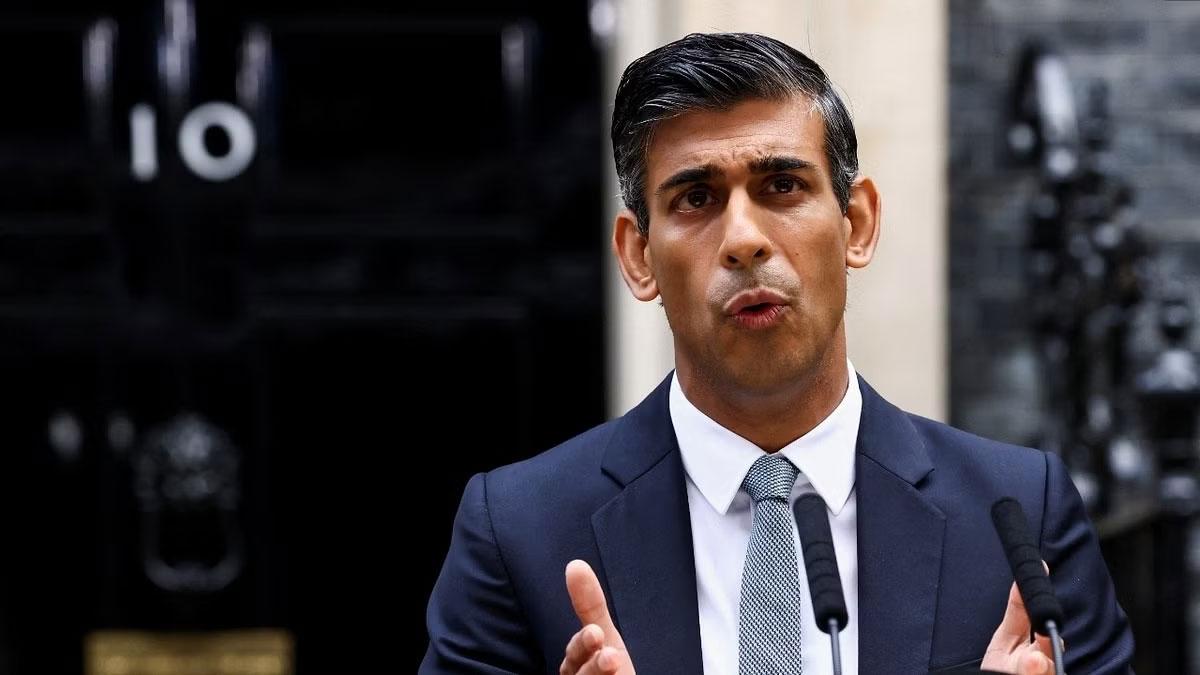The British Prime Minister, Rishi Sunak, is encountering potential dissent from within his party regarding new legislation aimed at criminalizing homelessness and granting police authority to intervene with rough sleepers on the streets of the country.
Reported by 'The Times' on Monday, several members of the Conservative Party have expressed their intention to oppose the measures outlined in the Criminal Justice Bill, currently progressing through the House of Commons, slated to be enacted prior to the upcoming general election.
Outlined by former Home Secretary Suella Braverman, the proposals could see rough sleepers in England and Wales facing fines up to £2,500 or imprisonment.
Tory MP Bob Blackman, also serving as joint secretary of the influential Conservative backbench 1922 Committee, voiced concerns, stating, "Many colleagues find the current form of the bill unacceptable as it effectively criminalizes individuals compelled to sleep on the streets. We implore ministers to reconsider."
Former Tory leader Sir Iain Duncan Smith and former Deputy Prime Minister Damian Green are among those who have endorsed amendments aimed at stripping the new police powers. Green supported Blackman's amendment, asserting it offers "a pragmatic solution to assist individuals off the streets" rather than resorting to punitive measures.
An unnamed Tory MP lamented, "People do not choose to be homeless. These plans are even harsher than the original vagrancy act post-Napoleonic wars, which this seeks to replace."
The Criminal Justice Bill is intended to portray the Conservatives as tough on crime ahead of a challenging general election, with the incumbent party facing significant anti-incumbency sentiments.
Proposals within the legislation encompass broadening police authority to conduct drug tests on suspects upon arrest and enter premises to search for stolen items like mobile phones. Additionally, it grants probation officers the ability to conduct lie-detection tests on sex offenders and terrorists post-release, alongside increased sentences for certain offenses.
However, concerns linger among ministers that the homelessness debate could overshadow the bill's other provisions.
UK Business Minister Kevin Hollinrake remarked, "It is imperative to address homelessness by providing housing resources, enhancing refuge capacity, and bolstering social and affordable housing."
Polly Neate, CEO of homelessness charity Shelter, criticized the legislation's approach, advocating for prevention measures rather than punitive action. "Politicians should focus on averting homelessness rather than penalizing those affected. Every individual at risk of rough sleeping should have access to suitable emergency accommodations, with long-term solutions necessitating substantial investment in genuinely affordable social housing—estimated at 90,000 units annually," she emphasized.
Read also | China's Unveiling of 30 Additional Place Names in Arunachal Pradesh
Read also | Israeli Forces Eliminate Four Top Hamas Figures at Al-Shifa Hospital in Gaza


















